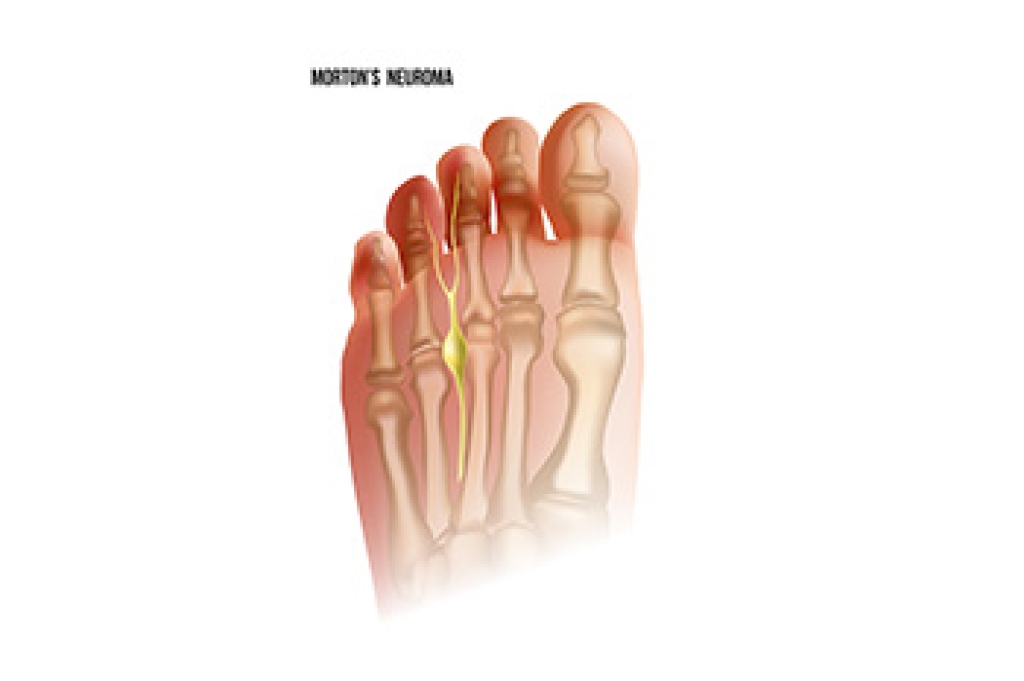
Morton's neuroma, a condition often misunderstood, affects the foot's nerves, particularly between the third and fourth toes. This ailment, named after Thomas George Morton, a 19th-century American surgeon, causes discomfort and pain. The pain is often likened to walking on a pebble or having a fold in the sock. The sensation arises due to the thickening of the tissue surrounding the nerves, leading to irritation and inflammation. Although high-heeled shoes and tight footwear worsen symptoms, anyone can develop Morton's Neuroma. Interestingly, it is not a true neuroma, but rather a perineural fibrosis, which is a thickening of nerve tissue. Diagnosis typically involves clinical evaluation and imaging studies, with treatment options ranging from orthotics and shoe modifications to more invasive procedures like injections or surgery in more severe cases. If you have pain in this part of your foot, it is suggested that you consult a podiatrist who can diagnose and offer correct treatment solutions for Morton’s neuroma.
Morton’s neuroma is a very uncomfortable condition to live with. If you think you have Morton’s neuroma, contact Paul Hutchison, DPM of Hutchison Foot Clinic. Our doctor will attend to all of your foot care needs and answer any of your related questions.
Morton’s Neuroma
Morton's neuroma is a painful foot condition that commonly affects the areas between the second and third or third and fourth toe, although other areas of the foot are also susceptible. Morton’s neuroma is caused by an inflamed nerve in the foot that is being squeezed and aggravated by surrounding bones.
What Increases the Chances of Having Morton’s Neuroma?
- Ill-fitting high heels or shoes that add pressure to the toe or foot
- Jogging, running or any sport that involves constant impact to the foot
- Flat feet, bunions, and any other foot deformities
Morton’s neuroma is a very treatable condition. Orthotics and shoe inserts can often be used to alleviate the pain on the forefront of the feet. In more severe cases, corticosteroids can also be prescribed. In order to figure out the best treatment for your neuroma, it’s recommended to seek the care of a podiatrist who can diagnose your condition and provide different treatment options.
If you have any questions, please feel free to contact our office located in Memphis, TN . We offer the newest diagnostic and treatment technologies for all your foot care needs.
